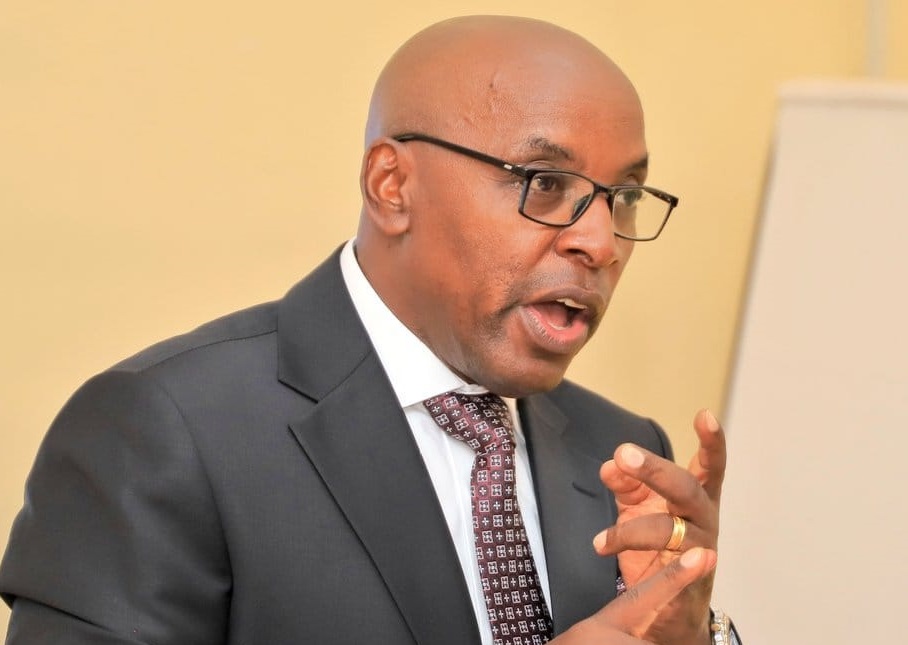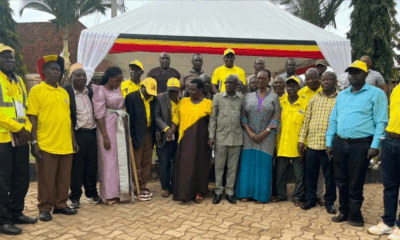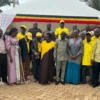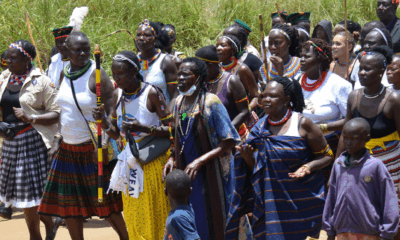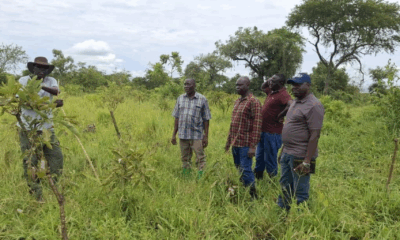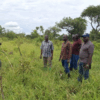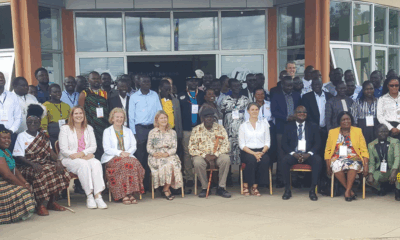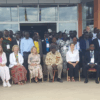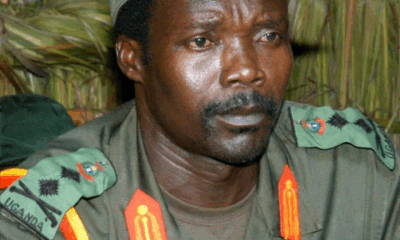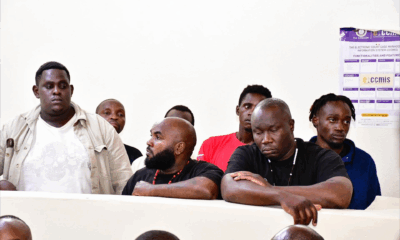Law
Deputy Chief Justice Faults Masaka Lawyers for Premature Strike Amid Judiciary Deployment Plans
The Deputy Chief Justice, Dr. Flavian Zeija, has sharply criticised members of the Masaka Lawyers Guild for staging a sit-down strike without first engaging in formal consultations with the Judiciary. Describing the ongoing industrial action as “unnecessary and premature,” Dr. Zeija said the lawyers’ decision to down their tools undermines institutional dialogue and due process.
The strike, which began last Thursday, involves lawyers practising under the Masaka High Court Circuit who have vowed not to appear in court until the Judiciary addresses what they termed a “severe human resource crisis.” Through their Chairperson, Mr. Alexander Lule, the guild demanded the immediate deployment of at least two more High Court judges and an additional Registrar to address mounting case backlogs and prolonged delays in the administration of justice.
“We are not on strike for ourselves. We are striking for the people whose rights are being buried under years of court delays,” Lule said while announcing the industrial action. He noted that Masaka High Court’s jurisdiction spans nine districts but is currently served by only one resident judge, leaving it unable to handle even a quarter of the required caseload.
However, Dr. Zeija, a former Principal Judge, dismissed the lawyers’ approach as ill-considered. “This strike is uncalled for. They should have reached out to us before mobilising their members to boycott the court,” he remarked, adding that Masaka High Court had already been earmarked for reinforcement.
According to the Deputy Chief Justice, Justice Victoria Nakintu Nkwanga has been deployed to Masaka and is expected to resume her duties next month upon completing her study leave. He urged the legal fraternity to exhibit patience and allow the institutional deployment process to take its course.
Despite this assurance, some lawyers in the region have maintained that the crisis is longstanding and systemic. Advocate Salimat Mutale defended the strike, arguing that the judiciary has ignored repeated warnings from both legal practitioners and members of the public.
“There are over 415 unresolved family-related cases at Masaka High Court, some pending for years. The backlog is not just a statistic—it’s deepening the crisis of domestic violence in our communities,” Mutale stated. She further warned that the shortage of judicial officers could derail key access-to-justice programs like Justice4Her, an initiative by the Austrian Development Agency aimed at protecting survivors of gender-based violence.
Another lawyer, Roland Muwezi of Basasha and Company Advocates, echoed similar sentiments. “This strike is not self-serving. It’s about the victims of delayed justice—ordinary citizens whose lives are put on hold by endless adjournments and an under-resourced system,” he said.
The Masaka High Court, like many regional circuits in Uganda, continues to grapple with chronic understaffing, raising broader concerns about the Judiciary’s capacity to deliver on constitutional mandates of timely and accessible justice.
Whether the recent assurances by the Deputy Chief Justice will be enough to end the lawyers’ protest remains unclear, but the stand-off has reignited a national conversation on equitable judicial deployment and the need for urgent reforms in Uganda’s justice delivery system.
Comments



